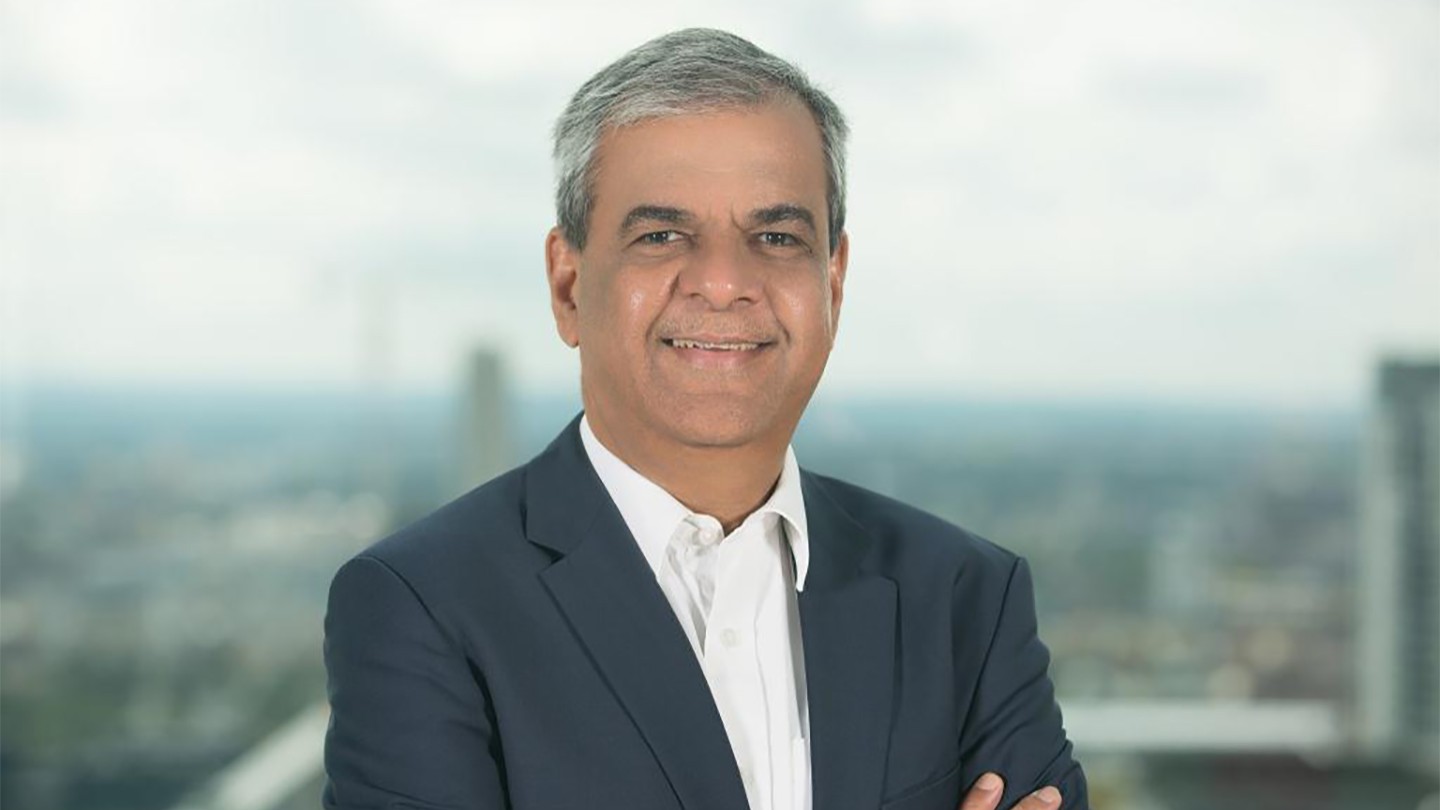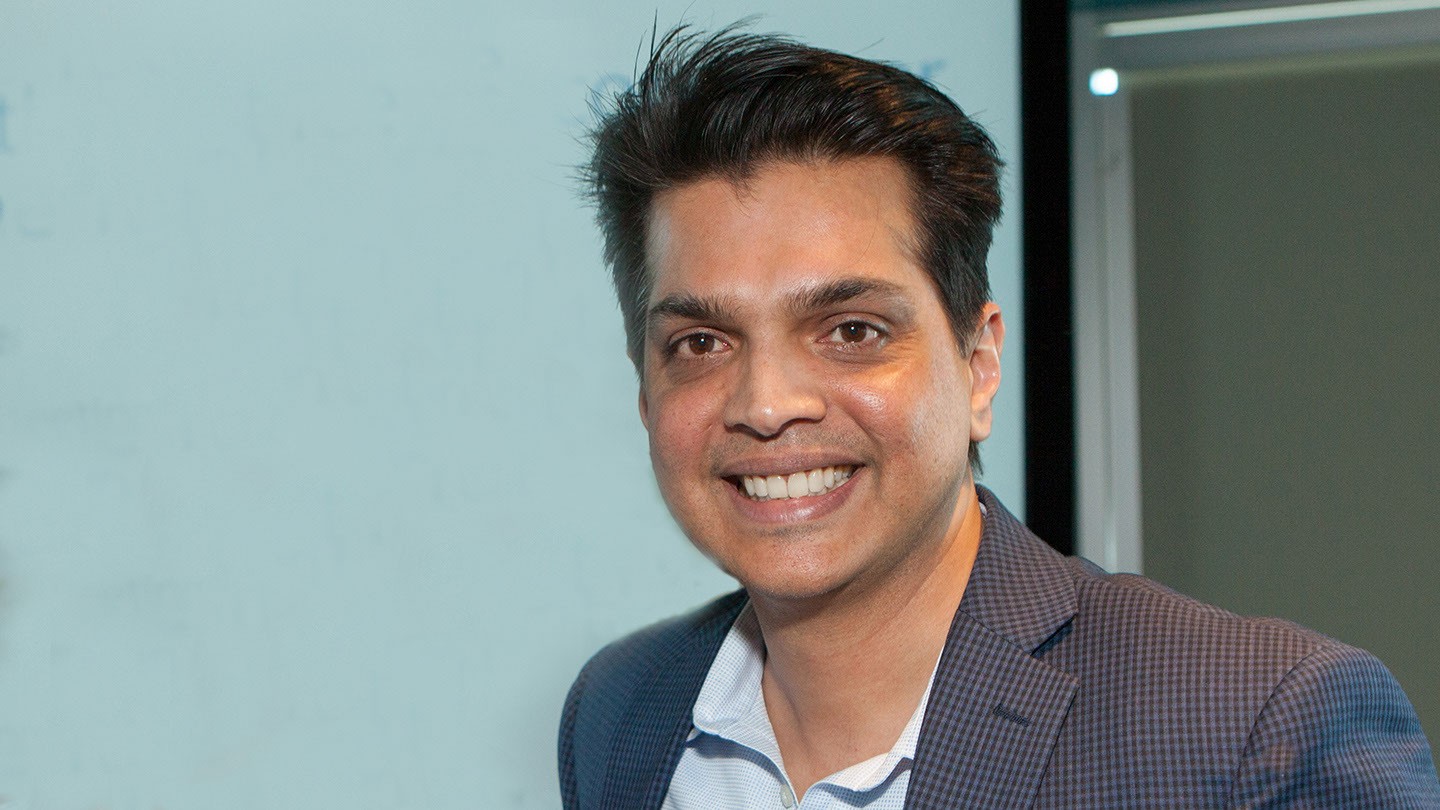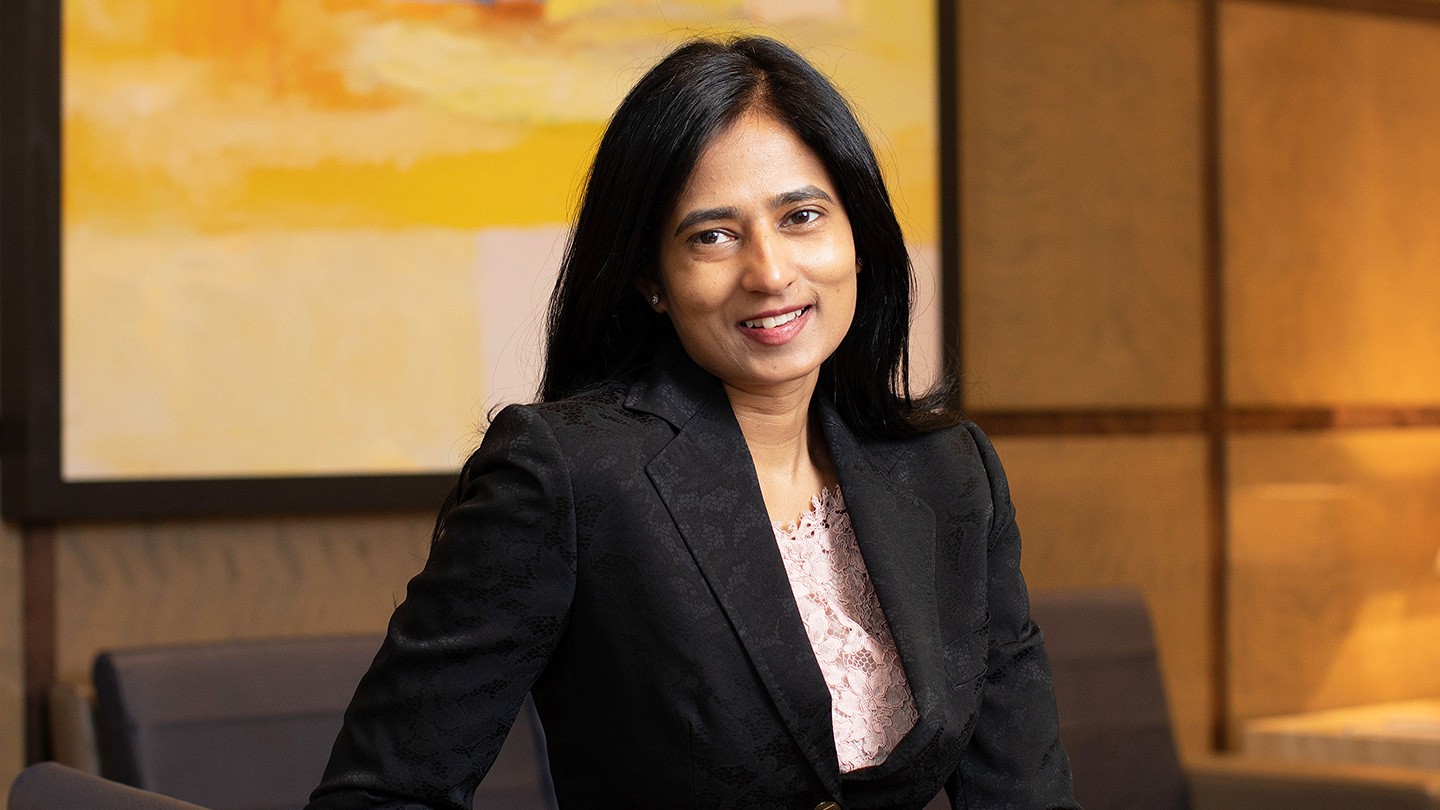
Innovation
How COVID-19 is accelerating tech trends in financial services
The latest Digital Unleashed series – hosted online by Barclays – addressed how the COVID-19 pandemic is both accelerating existing trends and creating new ones. We bring you six key insights from the first week of events from experts including Ashok Vaswani, Barclays CEO of Consumer Banking and Payments.
1. The pandemic has accelerated change
According to senior colleagues at Barclays, the COVID-19 crisis has changed our approach to digital technology for good.
“I would submit to you that people will act in the same way water flows, to the point of least resistance,” said Ashok Vaswani, Barclays’ CEO of Consumer Banking and Payments, at the first event in the series. “People are going to continue with what makes their life easy, and once they learn how to do something digitally they aren’t going back. And then a new generation comes along and they don't know anything other than digital.”
Joseph Jessup, who heads up the Barclays team in Digital Payments, predicted a permanent acceleration towards digital banking: “I don't think there's anybody in the organisation who is not convinced that digital is the way to go.” However he also acknowledged that the organisation should help people connect and communicate in a new virtual environment. “Our role in society is to help people get over this and not create a digital divide.”
People are going to continue with what makes their life easy, and once they learn how to do some things digitally they aren’t going back
CEO of Consumer Banking and Payments at Barclays

2. Understanding customer needs is still the fundamental job
The challenges over the last few months have been huge – but have also helped colleagues at the bank to achieve things they’d previously thought were impossible.
“Had we told the tech teams they had to set up everybody to work from home in two weeks, they would have said ‘no chance’,” said Vaswani. “But when it was absolutely necessary, they did it. What’s more, over a weekend colleagues set up the capability to issue Bounce Back Loans. All this is amazing stuff that's happening.”
These developments have been crucial in supporting new customer requirements that have emerged since the start of the pandemic, allowing them to bank in a more virtual world.
“Understanding customer needs is our fundamental job. There is no one way of doing it – from looking at data, to speaking to customers, listening to their complaints, and looking at where things fall out in the digital funnel. Every time a customer is unable to complete something they want to do, it's something we've missed and it’s something we can learn from.”
3. Frenemies for life
Vaswani dismissed the idea that competing corporations couldn’t work together to drive new industry developments.
“The question is not necessarily how we compete with big tech companies”, he said. “Instead, it’s how do we best collaborate with these guys to get ahead and drive our agenda? Of course, we have got to build our own capabilities but we've just got to get used to this notion of ‘frenemies’. In certain areas they are our friends, in certain areas they are our competition. As long as we've got our eyes wide open, things should be good.”
4. Build once, use everywhere
Collaboration and communication are just as vital within large organisations. One event saw Ruchir Rodrigues, Head of Platforms and European Consumer Business at Barclays, discuss the global synergies businesses can create in the digital world. “The whole list of services that we have offered customers is continually changing,” he said. “We have reinvented the credit card in Germany and are the first provider in the market to add the ‘Buy Now, Pay Later’ mechanism to credit cards, enabling consumers to pay using instalments through our app.
If you want to continue embracing this new world, wherever it takes us, keep that spirit of curiosity going continuously
Head of Platforms and European Consumer Business at Barclays

“It feels like there's a lot more potential for synergy and collaboration across business areas and geographies that we've never really had to consider before. The next step for us is to make the technology assets more fungible. How do you make sure that the tech can be used in other geographies? That's where we need to think about how we leverage our cloud technologies.”
5. Asking ‘why?’
Rodrigues said it can be easy to understand the ‘what’ and the ‘how’ of technology. The bigger issue, he suggested, is ‘why’.
When it comes to technology, asking questions is key. "Why is cloud computing important? Why do we have to have AI? Why is AI important for a business?” said Rodrigues. “If you start asking the ‘why’, then answers are very different and can provoke you to become really curious. If you want to continue embracing this new world, wherever it takes us, keep that spirit of curiosity going continuously.”
6. All companies are data companies
“You can pretty much take any industry that exists today, finance, law, health, insurance, and add tech alongside it,” said Asita Anche, Barclays’ Head of Systematic Market Making, Risk Centralisation and Data Science, during a panel on rethinking the data economy and privacy. “It’s lawtech, fintech, healthtech. You see technology disrupting most industries in their current form.”

Five years ago, they said all companies were tech companies. Now all companies are data companies
Head of Systematic Market Making, Risk Centralisation and Data Science at Barclays
And, the underlying premise that’s essential to these developments is data, Anche explained. “Five years ago, they said all companies were tech companies. Now all companies are data companies.”
She encouraged the audience to take a look at Barclays’ own approach to data as part of the wider organisation: “We have 10 principles of data that are in line with who we are as an organisation and how it conforms to our values. It’s a good starting point for us thinking about our data as an asset and our emphasis on putting our clients at the forefront.”